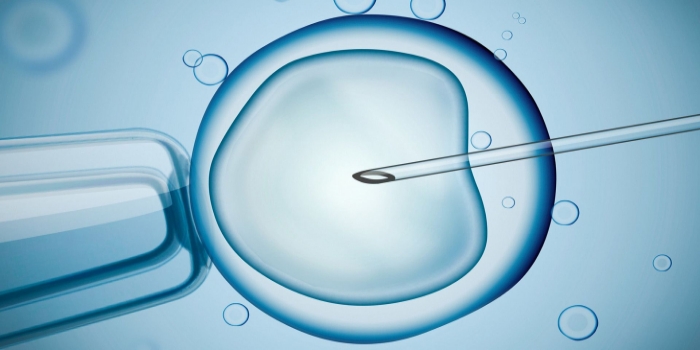
Intracytoplasmic sperm injection (ICSI) is a fertility treatment that helps in fertilising an egg. It involves the direct injection of sperms into eggs. It is the most successful form of treatment for men who are infertile. It only requires one sperm, which is injected directly into the egg.
IVF and ICSI-
ICSI is very similar to conventional IVF in that eggs and sperm are ‘collected from each partner, but the method of achieving fertilisation is different in both the procedures.
The eggs and sperm are mixed together in a dish and the sperm fertilises the egg ‘naturally’ in IVF treatment and this procedure requires large numbers of actively swimming normal sperm. But, the number of suitable sperm available may be very limited for some couples or there may be other factors that are preventing the process of fertilisation. So, for these couples, conventional IVF is not an option. In such case, ICSI has provided a new hope for these couples.
In ICSI procedure, a single sperm which is picked up with a fine glass needle is directly injected into each egg. This requires very few sperm and the ability of the sperm to penetrate the egg is no longer important as this has been assisted by the ICSI technique.
Who is ICSI suitable for?
When it is suspected that achieving fertilization may be difficult, ICSI may be recommended. It may be appropriate for couples who are dealing with male infertility factors. Male infertility factors may include any of the following:
ICSI can also be considered
How is ICSI performed?
ICSI involves the following steps:
immobilized and picked up by a very delicate, sharp, and hollow needle. The needle is then
carefully inserted into the cytoplasm through the shell of the egg. The sperm is then injected into the cytoplasm carefully with the needle. The eggs are checked the following day for evidence of normal fertilization.
After the successful completion of steps of ICSI and fertilization, the embryo transfer procedure is done to transfer the embryo in the woman’s uterus. Then your doctor will see your early pregnancy symptoms. He or she may use a blood test or ultrasound to know if implantation and pregnancy have occurred.
How successful is ICSI?
The success rate of ICSI depends on several personal characteristics, and so, the rate differs from person to person. Age is one of the main factors that largely determine the success of this process. The success rate will be close to 50 percent, for a woman less than 35 years of age.
